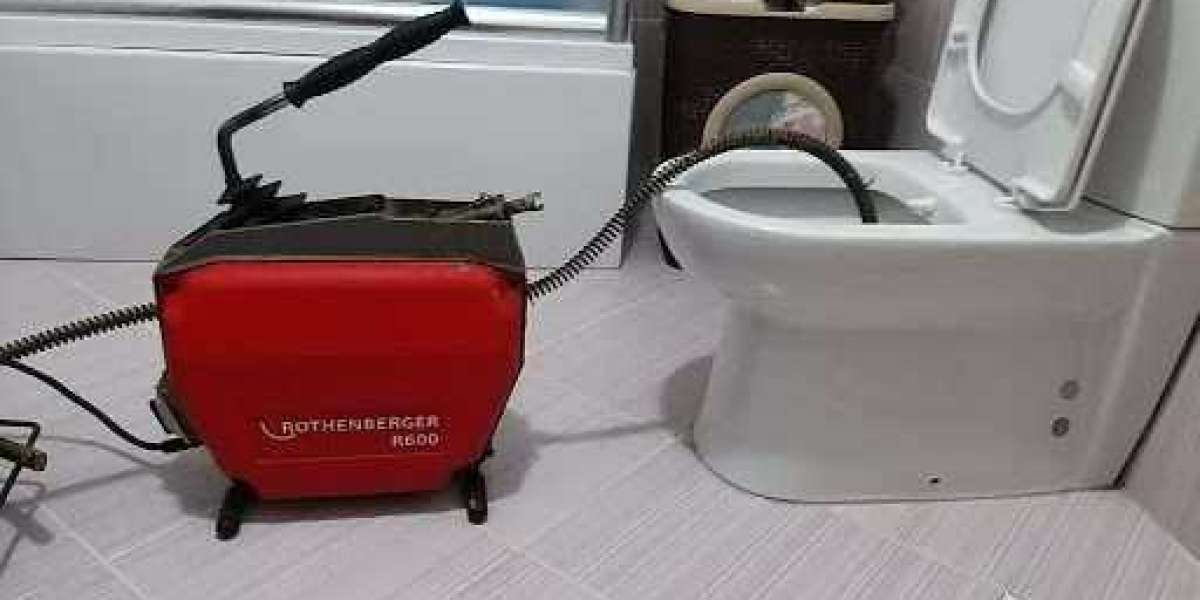Key Inclusions
- An overview of the current status of the market with respect to the players engaged (both industry and non-industry) in the manufacturing of viral, non-viral and other novel types of vectors and gene therapies. It features information on the year of establishment, company size, location of headquarters, type of product manufactured (vector and gene therapy / cell therapy / vaccine), location of manufacturing facilities, type of manufacturers (in-house and contract services), scale of operation (preclinical, clinical and commercial), type of vector manufactured (AAV, adenoviral, lentiviral, retroviral, plasmid DNA and others) and application area (gene therapy, cell therapy, vaccine and others).
- An analysis of the technologies offered / developed by the companies enagaged in this domain, based on the type of technology (viral vector related platform, non-viral vector related platform and others), type of manufacturer (vector manufacturing, gene delivery, product manufacturing, transduction / transfection, vector packaging and other), scale of operation (preclinical, clinical and commercial), type of vector involved (AAV, adenoviral, lentiviral, retroviral, non-viral and other viral vectors), application area (gene therapy, cell therapy, vcaccine and others). It also highlights the most prominent players within this domain, in terms of number of technologies.
- A region-wise, company competitiveness analysis, highlighting key players engaged in the manufacturing of vectors and gene therapies, across key geographical areas, featuring a four-dimensional bubble representation, taking into consideration supplier strength (based on experience in this field), manufacturing strength (type of product manufactured, number of manufacturing facilites and number of application areas), service strength (scale of operation, number of vectors manufactured and geographical reach) and company size (small, mid-sized and large).
- Elaborate profiles of key players based in North America, Europe and Asia-Pacific (shortlisted based on proprietary criterion). Each profile features an overview of the company / organization, its financial performance (if available), information related to its manufacturing facilities, vector manufacturing technology and an informed future outlook.
- Tabulated profiles of the other key players headquartered in different regions across the globe (shortlisted based on proprietary criterion). Each profile features an overview of the company, its financial performance (if available), information related to its manufacturing capabilities, and an informed future outlook.
- An analysis of partnerships and collaborations established in this domain since 2015; it includes details of deals that were / are focused on the manufacturing of vectors, which were analyzed on the basis of year of partnership, type of partnership (manufacturing agreement, product / technology licensing, product development, merger / acqusition, research and development agreement, process development / optimization, service alliance, production asset / facility acquisition, supply agreement and others), scale of operation (preclinical, clinical and commercial), type of vector involved (AAV, adenoviral, lentiviral, retroviral, plasmid and others), region and most active players (in terms of number of partnerships).
- An analysis of the expansions related to viral vector and non-viral vector manufacturing, which have been undertaken since 2015, based on several parameters, such as year of expansion, type of expansion (new facility / plant establishment, facility expansion, technology installation / expansion, capacity expansion, service expansion and others), type of vector (AAV, adenoviral, lentiviral, retroviral, plasmid and others), application area (gene therapy, cell therapy, vaccine and others) and geographical location of the expansion.
- An analysis evaluating the potential strategic partners (comparing vector based therapy developers and vector purification product developers) for vector and gene therapy product manufacturers, based on several parameters, such as developer strength, product strength, type of vector, therapeutic area, pipeline strength (preclinical and clinical).
- An overview of other viral / non-viral gene delivery approaches that are currently being researched for the development of therapies involving genetic modification.
- An in-depth analysis of viral vector and plasmid DNA manufacturers, featuring three schematic representations, a three dimensional grid analysis, representing the distribution of vector manufacturers (on the basis of type of vector) across various scales of operation and type of manufacturer (in-house operations and contract manufacturing services), a heat map of viral vector and plasmid DNA manufacturers based on the type of vector (AAV, adenoviral vector, lentiviral vector, retroviral vector and plasmid DNA) and type of organization (industry (small, mid-sized and large) and non-industry), and a schematic world map representation, highlighting the headquarters and geographical location of key vector manufacturing hubs.
- An analysis of the various factors that are likely to influence the pricing of vectors, featuring different models / approaches that may be adopted by product developers / manufacturers in order to decide the prices of proprietary vectors.
- An estimate of the overall, installed vector manufacturing capacity of industry players based on the information available in the public domain, and insights generated via both secondary and primary research. The analysis also highlights the distribution of the global capacity by company size (small, mid-sized and large), scale of operation (clinical and commercial), type of vector (viral vector and plasmid DNA) and region (North America, Europe, Asia Pacific and the rest of the world).
- An informed estimate of the annual demand for viral and non-viral vectors, taking into account the marketed gene-based therapies and clinical studies evaluating vector-based therapies; the analysis also takes into consideration various relevant parameters, such as target patient population, dosing frequency and dose strength.
- A discussion on the factors driving the market and various challenges associated with the vector production process.
- A qualitative analysis, highlighting the five competitive forces prevalent in this domain, including threats for new entrants, bargaining power of drug developers, bargaining power of vector and gene therapy manufacturers, threats of substitute technologies and rivalry among existing competitors.
By 2035, the financial opportunity within the viral vector, non-viral vector and gene therapy manufacturing market has been analyzed across the following segments:
- Scale of Operation
- Lab
- Clinical
- Commercial
- Type of Vectors
- AAV
- Adenoviral
- Lentiviral
- Retroviral
- Plasmid DNA
- Other Vectors
- Application Area
- Gene Therapy
- Cell Therapy
- Vaccines
- Therapeutic Area
- Oncological Disorders
- Rare Disorders
- Neurological Disorders
- Sensory Disorders
- Metabolic Disorders
- Musco-skeletal Disorders
- Blood Disorders
- Immunological Diseases
- Others
- Geographical Regions
- North America
- Europe
- Asia Pacific
- Latin America
- MENA
- Rest of the World
The report also features inputs from eminent industry stakeholders, according to whom, the anticipated increase in demand for cell and gene therapies, is the most prominent driver of the growth of the vector supply market.
Key Questions Answered
- Who are the leading players (contract service providers and in-house manufacturers) engaged in the development of vectors and gene therapies?
- Which regions are the current manufacturing hubs for vectors and gene therapies?
- Which type of technologies are presently offered / being developed by the stakeholders engaged in this domain?
- Which companies are likely to partner with viral and non-viral vector contract manufacturing service providers?
- Which partnership models are commonly adopted by stakeholders engaged in this industry?
- What type of expansion initiatives are being undertaken by players in this domain?
- Which are the emerging viral and non-viral vectors used by players for the manufacturing of genetically modified therapies?
- What are the opportunities and threats for the stakeholders engaged in this industry?
- What is the current, global demand for viral and non-viral vector, and gene therapies?
- How is the current and future market opportunity likely to be distributed across key market segments?
To view more details on this report, click on the link:
You may also be interested in the following titles:
Medical Device Coatings and Surface Modification Technologies Market |
You may also like to learn what our experts are sharing in Roots educational series:
Genotoxicity Testing: Unlocking the Future Safety Assessment Opportunities |
About Roots Analysis
Roots Analysis is a global leader in the pharma / biotech market research. Having worked with over 750 clients worldwide, including Fortune 500 companies, start-ups, academia, venture capitalists and strategic investors for more than a decade, we offer a highly analytical / data-driven perspective to a network of over 450,000 senior industry stakeholders looking for credible market insights.
Contact:
Ben Johnson
+1 (415) 800 3415
+44 (122) 391 1091

